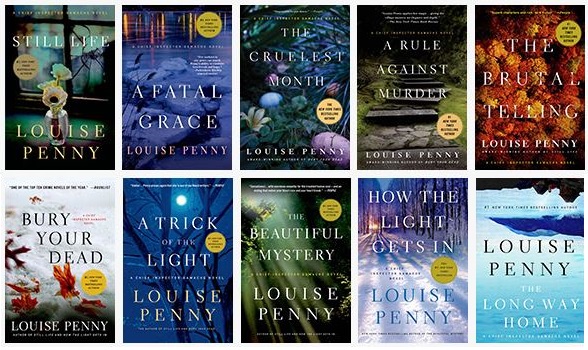
Have you ever been completely captivated in the pages of a story and felt guilty for wasting time and being so “unproductive”? When reading a fiction book in public, have you wanted a “fake” cover so it would not look like you were a lightweight?
If leaders are readers then what about fiction? I am convinced many good leaders are missing out on the transforming power of story in fiction books. And I know of no one better to help me persuade the doubters and encourage those already won over than my wife. She led me and our family to love reading fiction. I am so grateful and you will be too.
As an avid (and I mean avid) reader of fiction, I would like to challenge you to consider a different perspective, one that invokes the value of fiction to affect your skills and influence as a leader.
Perhaps in the pages and world of a fiction story, instead of losing yourself and wasting time, you are gaining new spaces of empathy and understanding? Maybe the struggles, pains, and joys of a character can shape your thinking and your actions more than you know. And just maybe a character’s wisdom and insight would lead to action on your part that transforms the teams that are under your management.
Storytelling is powerful.
Valuable instruction and practices can be hidden in the pages of fiction.
Story reaches us at a level that lessons, points, and advice rarely do and imprints the lesson and gives weight to the point. Story increases our capacity to “take away” the instruction being given. A well-developed character stirs our imagination and can take the role of mentor and coach.
In the pages of a book set in Montreal and Quebec, one such character has shaped my understanding of the best and worst ways leaders can lead and perhaps even shape the destiny of those on their teams.

The character is Armand Gamache and he resides in the novels by Canadian author, Louise Penny. Using the voice of Armand, Louise reveals a leadership practice that will impart the values of a healthy team better than hours of seminars and lectures ever could.
As head of the Quebec Surete, Armand is faced with competition, jealousy, and division among the team of officers that he commands. He frequently faces ridicule and spiteful reactions from superiors. Ongoing in the series and amid the plot lines, Armand pursues actions and attitudes to help him lead well amid division and conflict. He strives to create bonds that bridge gaps and foster trust.
Punitive means, didactic policies and harsh correction will not and have not succeeded. So, Armand chooses a path of identifying with failures, insecurities, and addresses each struggling recruit with the following succinct and unexpected words of insight:
We all need to learn to say:
” I am sorry.”
“I was wrong.”
“I don’t know.”
” I need help.”
Pausing to let those words sink in, Armand suggests that If each one practiced the humility and strength of these four statements, there would be less competition, less division, and less tearing down. In contrast, such practices will engender more cooperation, understanding and supportive teamwork.
Imagine receiving this advice in person from a trusted mentor and feeling the effect of this humility and gentleness in your workplace.
Consider being the leader that speaks such quiet but powerful understanding and instruction.
Fiction broadens our perspective, enlarges our empathy and engages our imagination. We open to possibilities that we may resist if we encountered them as a bullet-pointed memo or powerpoint presentation.
We are changed by what we feel, experience and imagine far more than what we are told. Immersed in the plot and identifying with a character, we can “try on” new patterns and attitudes and consider changes in subtle but powerful ways.
As a leader, have you spoken any of Armand’s statements lately? To someone that makes it difficult?
Which statement is the hardest for you to speak? Which is a bit easier?
Have you led by example to practice this kind of courage and humility?
Have you given your team permission to be so candid and vulnerable?
Perhaps a story set in Canada that has nothing to do with your everyday life could actually be the catalyst for change in your leadership.
Perhaps what you glean from fiction and story could transform your team, community and each place of your influence.
And beyond all that, perhaps you will really enjoy the “time away” from your work world and find re-creation in the pages of a story!
I appreciate my wife’s insights gleaned from her love of fiction and our many discussions on characters and plots over the years. For research on the powerful effects on leaders who read fiction go here.
Thanks for this insight, Jim. Sharing!
Louise Penny is my favorite author! I have read the series 3 times and love the audiobook version. My parents immigrated from the Netherlands in 1952. I was born in Montreal, and lived there until I was 15. I enjoyed going back to that culture. Our neighborhood had French English and Jewish sections, and we were all friends. Over the years her books have helped me recognize when I’m using fear as my motivation to do something or to not do something, and make a better choice.
Jo-Ann, we’ve read all her books and decided to visit Montreal and her real home, Knowlton a couple of years ago. We’ve met her at a couple of book signings. Glad you connected with this.